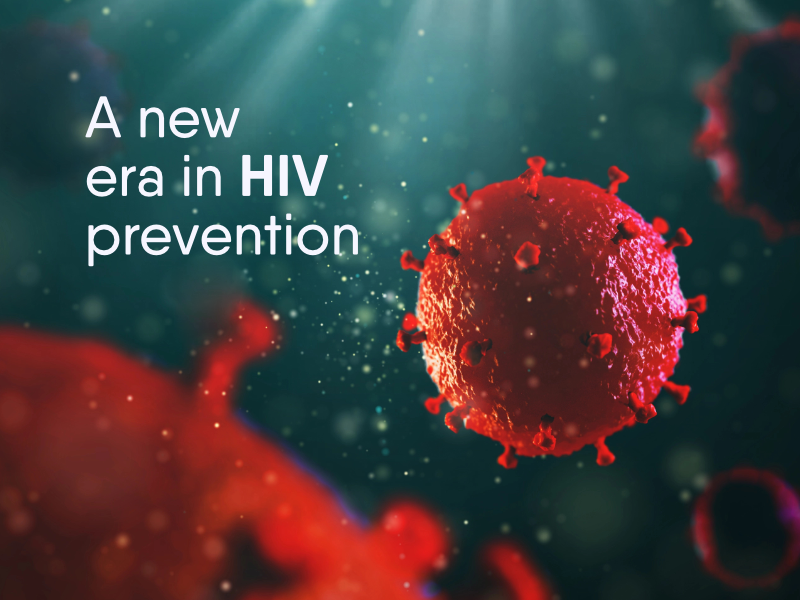Vaccination Myths Debunked: Separating Fact from Fiction
- Byon8 Team
- May 29, 2024
- 3 min read
Vaccination is one of the most significant public health achievements of the modern era, preventing millions of deaths each year. However, despite overwhelming scientific evidence supporting the safety and efficacy of vaccines, misinformation and myths persist. These myths can lead to vaccine hesitancy, putting individuals and communities at risk of preventable diseases. In this article, we debunk some of the most common vaccination myths with data, statistics, and scientific evidence.
Myth 1: Vaccines Cause Autism
One of the most pervasive myths about vaccines is that they cause autism. This misconception originated from a 1998 study by Andrew Wakefield, which has since been thoroughly discredited and retracted by the journal that published it. Multiple large-scale studies have found no link between vaccines and autism.
Data and Evidence:
A 2014 meta-analysis of ten studies, including over 1.2 million children, found no association between the measles, mumps, and rubella (MMR) vaccine and autism .
The Centers for Disease Control and Prevention (CDC) states unequivocally that "vaccines do not cause autism".

Myth 2: Natural Immunity is Better Than Vaccine-Acquired Immunity
Some believe that acquiring immunity through natural infection is better than vaccination. While natural infection can sometimes confer stronger immunity, it comes with significant risks, including severe illness, complications, and death.
Data and Evidence:
Chickenpox can lead to severe complications such as pneumonia, encephalitis, and even death. The varicella vaccine, on the other hand, provides immunity without these risks.
The World Health Organization (WHO) estimates that vaccines prevent 2-3 million deaths each year from diseases like diphtheria, tetanus, pertussis, influenza, and measles.

Myth 3: Vaccines Contain Harmful Ingredients
Concerns about vaccine ingredients often stem from misinformation about substances like thimerosal, aluminium, and formaldehyde. These ingredients are used in trace amounts and have been proven safe through extensive research.
Data and Evidence:
Thimerosal, a mercury-containing preservative, was removed from most childhood vaccines in the early 2000s as a precaution, yet autism rates continued to rise, indicating no connection.
Aluminium salts are used to enhance the immune response and are present in quantities far below those found in everyday foods and water.
Formaldehyde is used to inactivate viruses and detoxify bacterial toxins and is present in such small amounts that it poses no risk to human health.
Myth 4: Vaccines Aren't Necessary Due to Low Disease Prevalence
The success of vaccines has led to the rarity of many diseases, which can create the false impression that vaccines are no longer needed. However, the pathogens that cause these diseases still exist, and vaccination is crucial to preventing outbreaks.
Data and Evidence:
The CDC reported a significant measles outbreak in 2019, with 1,282 cases in the United States, primarily among unvaccinated individuals.
In 2014, the WHO declared measles eliminated in the Americas, but continued vaccination is essential to maintain this status and prevent reintroduction from other regions.

Myth 5: Vaccines Overload the Immune System
Some parents worry that multiple vaccines might overwhelm their child's immune system. However, vaccines are designed to work with the immune system, not against it.
Data and Evidence:
A study published in the journal "Pediatrics" found no evidence that multiple vaccines increase the risk of infections or other negative health outcomes.
Children are exposed to more antigens from a common cold than they are from vaccines. The immune system is equipped to handle multiple challenges simultaneously.
Conclusion
Vaccines are a cornerstone of public health, saving millions of lives and preventing countless cases of illness and disability. Dispelling myths and misinformation about vaccines is crucial to maintaining public trust and ensuring high vaccination coverage. By understanding the facts and relying on scientific evidence, we can make informed decisions that protect our health and the health of our communities.



Comments